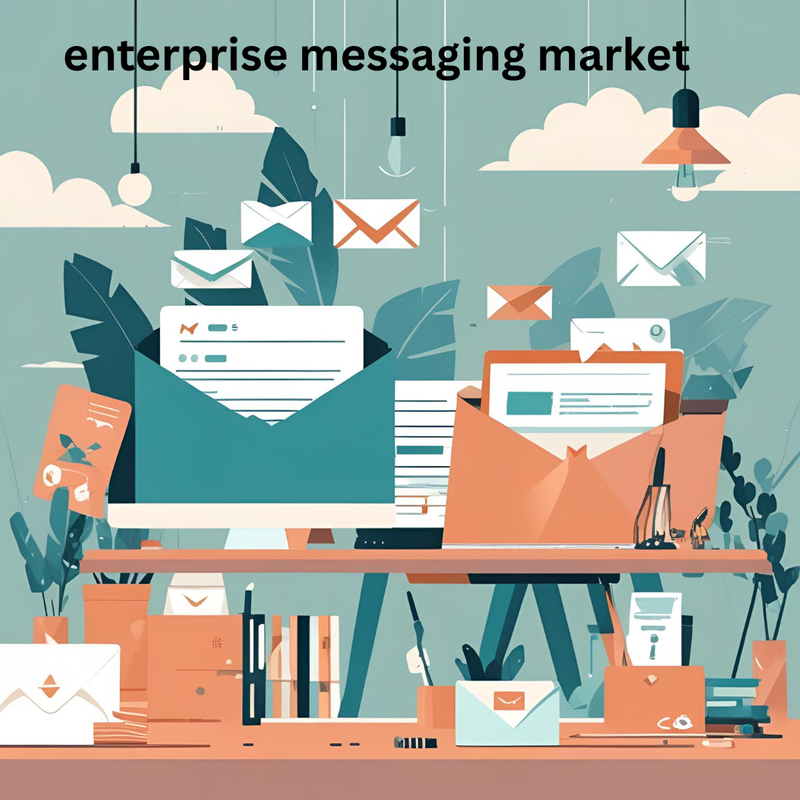What is Enterprise Messaging?
Enterprise messaging is a business-grade communication system. It allows companies lebanon whatsapp number data to send messages to other businesses, employees, or customers. This includes things like appointment reminders, security alerts, and marketing promotions. The messages can be sent through different channels. Examples include SMS (text messages), email, or apps like WhatsApp and Slack. The main purpose is to make communication fast, secure, and efficient.
For instance, a bank might send a one-time password (OTP) via SMS to verify a transaction. Furthermore, a retail store might send a text message about a special sale. These messages are often automated. Therefore, they are sent without a person having to type them out each time.
The Big Difference: A2P and P2A
To fully understand this market, you need to know about two key terms. The first is Application-to-Person (A2P) messaging. This means a computer application sends a message to a person. The examples we just discussed—OTPs from a bank or a sale alert from a store—are perfect examples. These messages are generally one-way.
On the other hand, there is Person-to-Application (P2A) messaging. Here, a person sends a message to a business's application. Imagine a customer texting a company to ask about their order status. The company's system then uses that message to find the information and send an automated reply. Both A2P and P2A are a big part of the enterprise messaging market.
Why Enterprise Messaging is Growing
The market for enterprise messaging is growing very quickly. Several factors are driving this growth. For one thing, more and more people are using smartphones. Also, businesses are looking for new ways to connect with their customers. They want to reach them wherever they are. So, messaging is a great tool for that. It has a very high open rate. This means almost everyone who gets a business text message will open it. Comparatively, very few people open marketing emails. Additionally, cloud-based messaging services are making it easier and cheaper for companies to start.
Key Players and Solutions in the Market
The enterprise messaging market includes many different kinds of companies. Some focus on sending huge numbers of simple text messages. Others build complex platforms for teamwork.
The Market Leaders
Some companies are giants in this field. These include large telecommunication firms like Vodafone Group Plc. and tech companies like Infobip. They offer robust platforms that can handle millions of messages. They are experts at A2P messaging. Meanwhile, companies like Sinch and Twilio are also very important. They provide services that let developers add messaging features to their own applications. They make it simple for other companies to build their own messaging solutions.

Team Collaboration Platforms
Beyond simple texts, many businesses need tools for their employees to talk to each other. This is where team messaging apps come in. Microsoft Teams is a major player. It combines chat, video calls, and file sharing in one place. It works perfectly with other Microsoft products. In a similar way, Slack is another very popular choice. It's known for its many integrations with other apps. This lets teams bring all their work tools into a single communication hub. For example, a marketing team could get updates from their project management software right inside Slack.
Other Important Tools
Apart from the big names, many other great platforms exist. For example, Google Chat is a simple yet powerful tool. It's perfect for companies that already use Google Workspace. Then there's Zoho Cliq. It offers an affordable option, especially for smaller businesses. It has many features that are similar to Slack. Furthermore, Twist is designed for remote teams. It helps keep conversations organized in a unique way.
Looking at the Future
The enterprise messaging market is always changing. Technology is evolving. It seems the future will be shaped by a few key trends. For instance, artificial intelligence (AI) will play a bigger role. AI chatbots are already used for customer service. They can answer questions 24/7. In the future, they will become even smarter. They will be able to handle more complex tasks. Therefore, this will make business communication much more efficient.
The Rise of Rich Communication Services (RCS)
Right now, many companies use regular SMS. But a new technology called RCS is gaining popularity. It is like the next-generation text message. RCS allows businesses to send much richer content. They can include high-quality images, videos, and interactive buttons. This makes messages more engaging. Imagine a company sending a message with a video showing a new product. That is what RCS can do.
Security and Privacy Concerns
As messaging becomes more important, so does security. Businesses must protect customer data. So, they need secure platforms. This means using encryption. Encryption keeps messages private and safe from hackers. The market is moving toward solutions that offer strong security. Companies that can guarantee data protection will likely do very well. Overall, the market is set to grow even more. It will continue to change how businesses connect with everyone.